SUMMARY
This is AI generated summarization, which may have errors. For context, always refer to the full article.
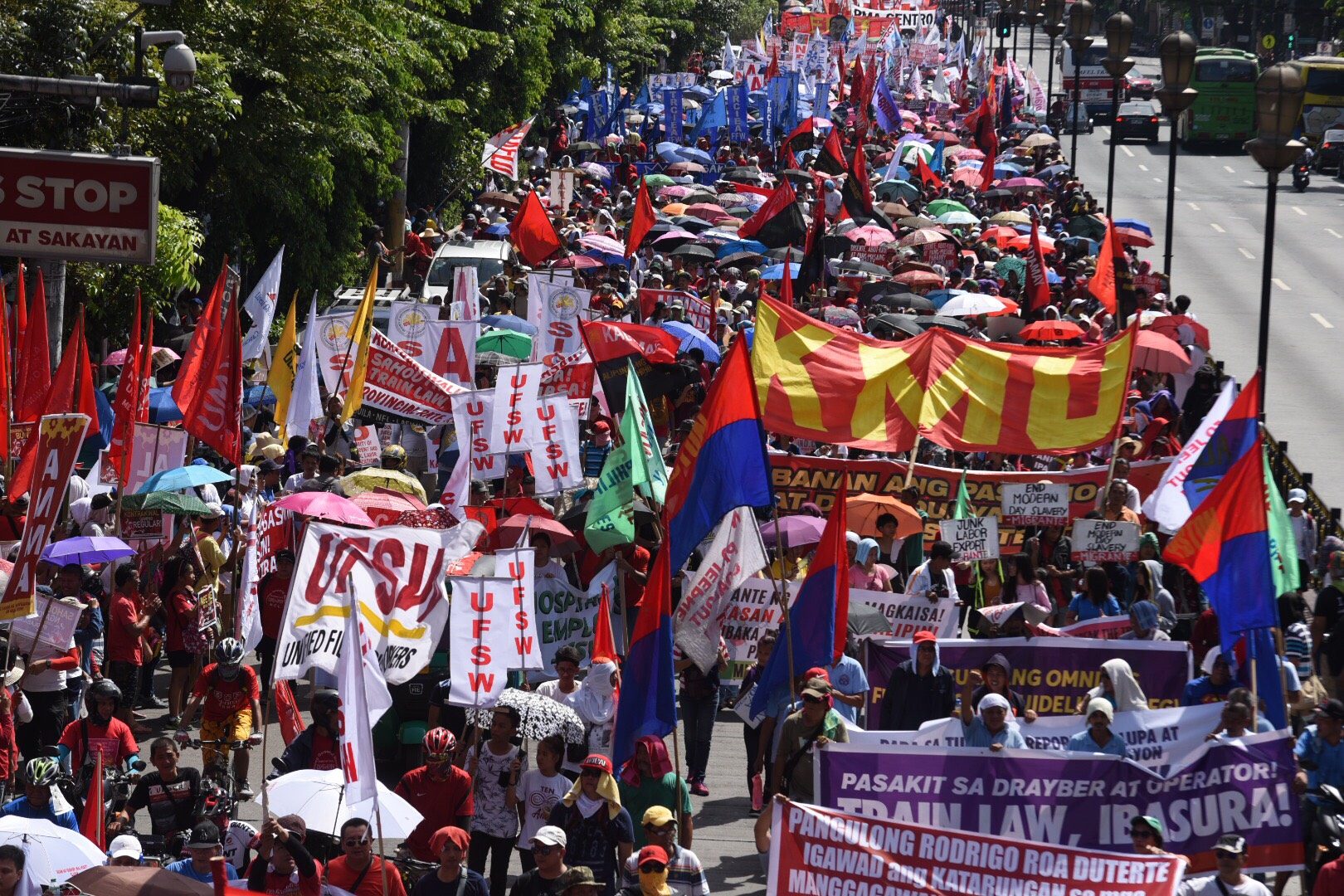
Labor groups slammed a Philippine National Police (PNP) proposal to include the national police clearance as a requirement for labor transactions, saying it would “threaten” industrial peace.
In a statement on Thursday, April 22, Associated Labor Unions-Trade Union Congress of the Philippines (ALU-TUCP) said the police clearance requirement is an additional bureaucratic layer. The Department of Labor and Employment (DOLE) said the proposal is under consideration.
“From the looks of it, the proposed police clearance in DOLE transactions would further delay the injustice among aggrieved workers and would drive away those seeking redress in DOLE’s conciliation, mediation and dispute resolution, and workplace inspection processes and many other services of DOLE and its attached agencies,” said ALU national executive vice president Gerard Seno.
ALU-TUCP spokesperson Alan Tanjusay told Rappler they expect Labor Secretary Silvestre Bello III to call for a tripartite meeting as the requirement is a “very important policy issue.”
“If we have this PNP proposed layer in the existing process, it would only lengthen the proces. Employer-employee relationship will be further strained, and most importantly, the current industrial peace setting will be disturbed – worker unrests will hurt businesses operation and the economy will be paralyzed,” Tanjusay said in a mix of English and Filipino.
“In short, it dangerously creates more harm than good,” he added.
Kilusang Mayo Uno (KMU) and the Nagkaisa Labor Coalition called for the outright rejection of the PNP proposal.
“Right to privacy, self-organization, and freedom of association are basic worker’s rights. The mere proposal is a slap to these rights,” said KMU chairperson Bong Labog.
“Why must we ask for permits from the PNP? What are those ‘transactions’? It is vague like any other fascist scroll such as the Anti-Terror Law. Tool for harassment at intimidation ‘yan sa manggagawa. (That could be used as a tool for harassment and intimidation of workers),” Labog added.
Nagkaisa, meanwhile, said DOLE should protect the workers, and that it should not be “made an extension of PNP’s security and anti-insurgency work.”
Nagkaisa also cited Article 3(2) of International Labor Organization Convention 87, which the Philippines has ratified, reminding authorities to refrain from any interference that would restrict self-organization.
“Requiring police or military clearance in the registration of unions or in the exercise of workers’ right is not only a red tape burden but also a manifestation of an unstable government afraid of its own shadow,” Nagkaisa chairperson Sonny Matula said. – Rappler.com
Add a comment
How does this make you feel?

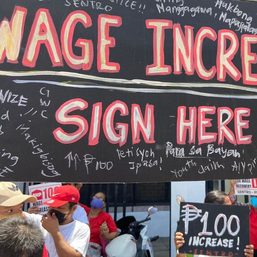
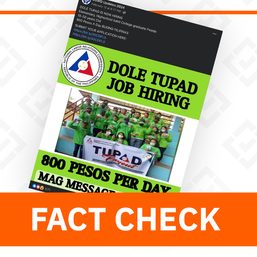

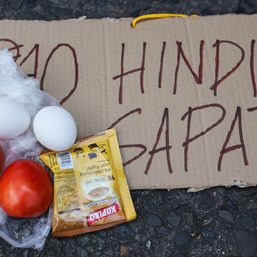
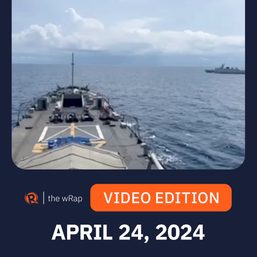

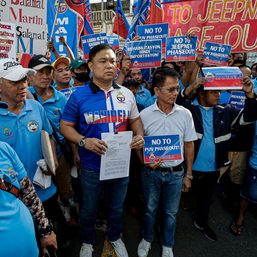

![[The Slingshot] Alden Delvo’s birthday](https://www.rappler.com/tachyon/2024/04/tl-alden-delvo-birthday.jpg?resize=257%2C257&crop=263px%2C0px%2C720px%2C720px)
There are no comments yet. Add your comment to start the conversation.